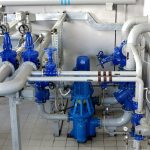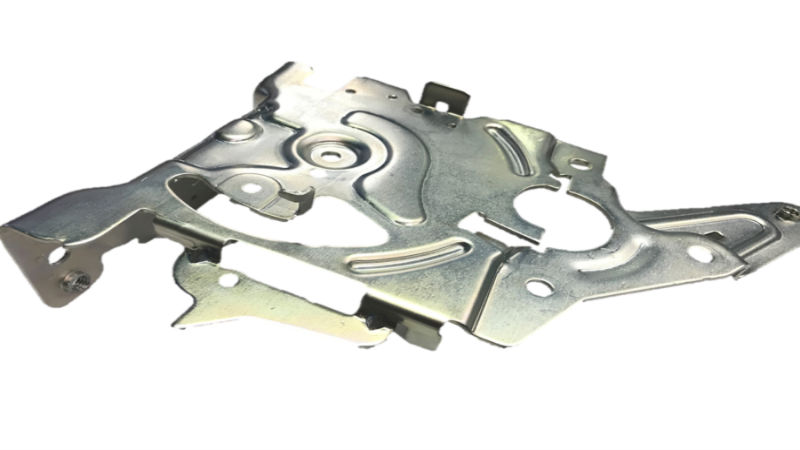When you combine iron with carbon, you create a product with superior properties to iron. For example, carbon steel is stronger than iron. Aluminum serves many uses today but it’s too soft when you use pure aluminum, so other metals make aluminum better. However, sometimes you need metals with exceptional properties, and this is why you have superalloys like Inconel 718 with B50FT15 Class C specs, and many others today. But what are superalloys? Let’s look closer at the subject to see.
Alloys
The best way to understand superalloys is to know about alloys. Most metals have good and bad properties, especially when you have a specific use in mind. However, creating the right alloy for specific applications is more than just melting metals together. For example, 7075 aluminum is very strong and uses zinc and other metals. Yet, its tensile strength increases with tempering and by using a different tempering process, you can produce different grades of the same alloy. That’s why you’ll see grades like 7075-T6, 7075-T7, and 7075-T651. They are all aluminum alloys but have different properties.
Superalloys
Suppose you need a metal capable of withstanding high amounts of heat or you need cryogenic equipment for freezing things at extremely low temperatures. Standard alloys may not work well and could fail. A superalloy with B50FT15 Class C specs gives you these characteristics:
- Does not deform under extremely high heat (this is known as thermal induced creep)
- Exceptional mechanical strength – highly resistant to stress-related issues like stretching, cracking or breaking.
- Stability – remains stable in extreme heat and cold
- Superior oxidation resistance – slow to oxidize and will not normally corrode, especially under harsh and extreme conditions.
When you look for superalloys like 718 B50FT15 Class C, go to a trusted metal supplier with a proven reputation for quality metals.







